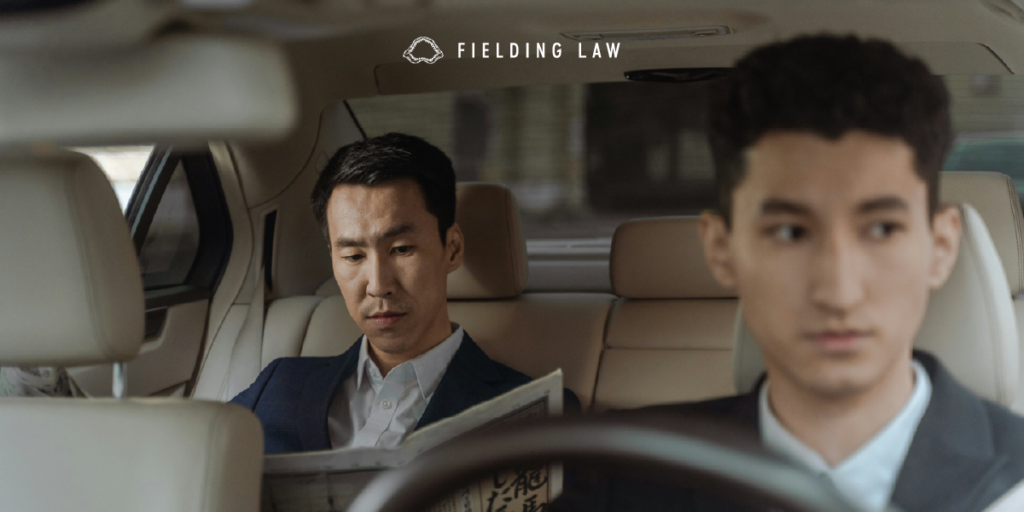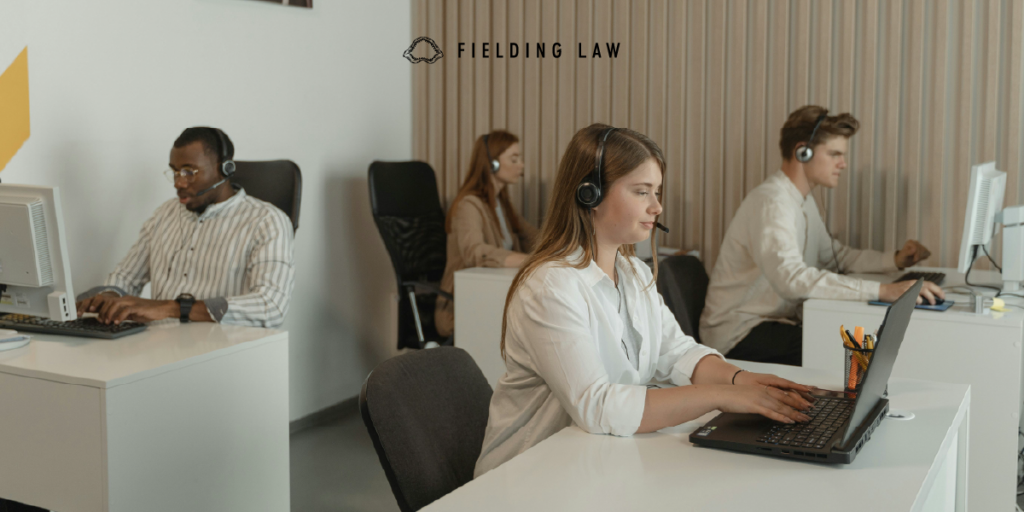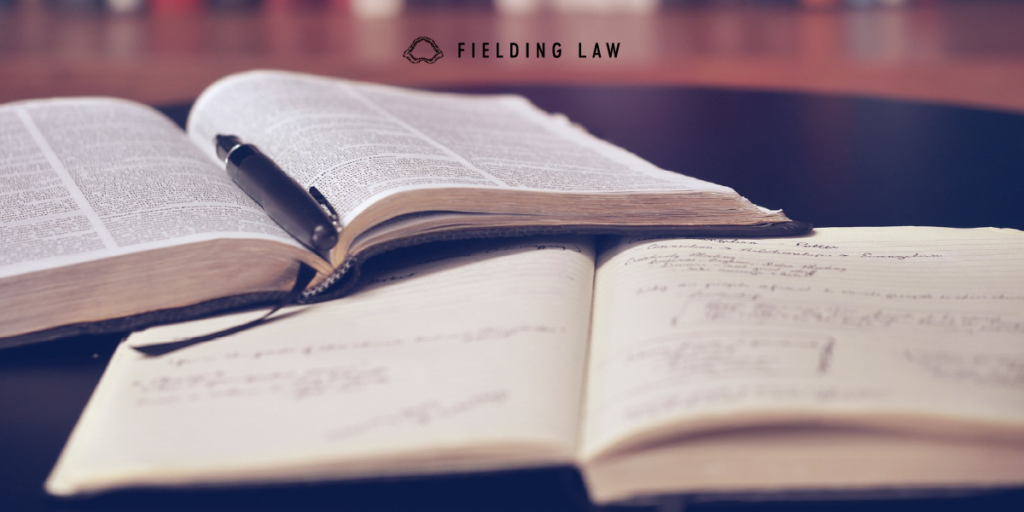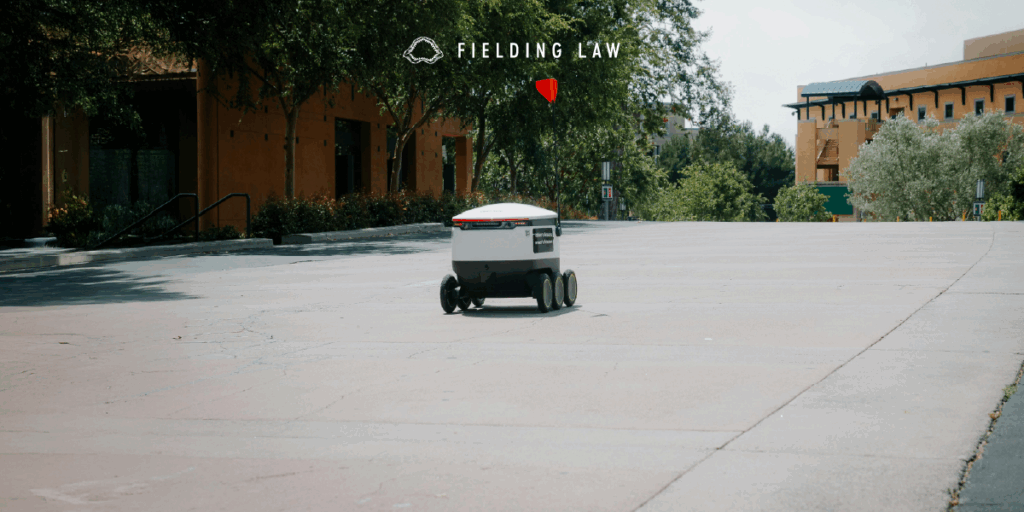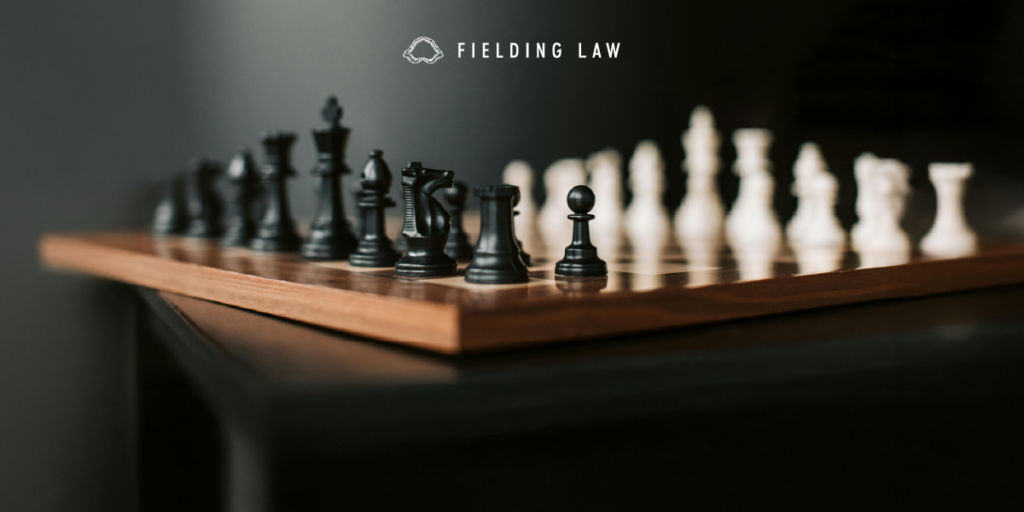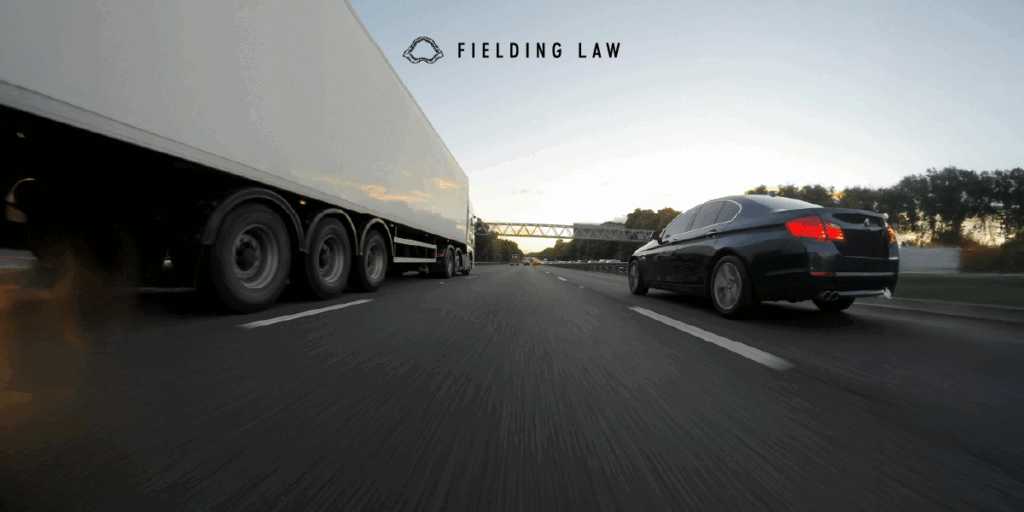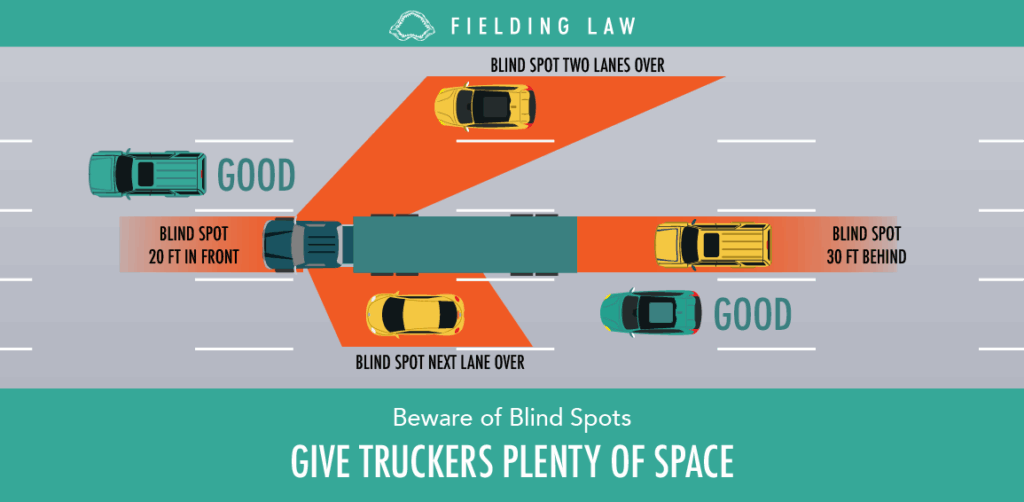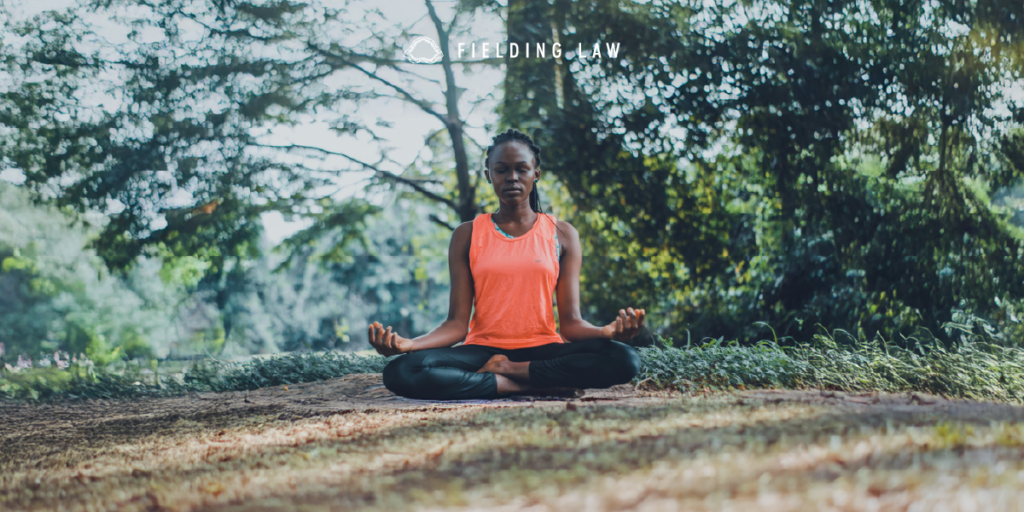
Legal Tips After Holiday Accidents
The holiday season brings joy, gatherings, and festive celebrations, but it also increases the risk of accidents. Slippery walkways, crowded stores, and decorations can create hazards for visitors and shoppers. When injuries occur, understanding your legal options is essential.
Property Owner Liability
Property owners have a duty to maintain a safe environment for guests and visitors. This includes clearing ice and snow, promptly addressing spills, and removing tripping hazards. If an accident occurs due to a property owner’s negligence, they may be held responsible for resulting injuries. This is especially important during the holidays when foot traffic is higher than usual.
Dealing with Insurance
After a holiday accident, insurance companies often become involved. Property owners’ insurance may cover medical expenses and damages, but navigating claims can be challenging. To protect your case, consider these steps:
-
Document the accident thoroughly, including photos of the scene.
-
Obtain statements from any witnesses.
-
Seek prompt medical attention, even for minor injuries.
-
Keep copies of all medical bills, reports, and receipts.
-
Avoid giving recorded statements to insurance adjusters without legal guidance.
Proper documentation strengthens your case and ensures you receive fair compensation.
When to Contact an Attorney
Not every accident requires legal representation, but contacting a holiday accident lawyer early can protect your rights. An attorney can evaluate your case, help communicate with insurance companies, and determine if the property owner was negligent. Legal guidance is especially important if injuries are severe, if the insurance company delays or denies your claim, or if liability is disputed.
Why Hire Fielding Law
Fielding Law has extensive experience helping clients injured due to negligent property owners. We provide compassionate guidance, aggressive representation, and thorough support from start to finish. Our goal is to help you focus on recovery while we handle the legal process. If you or a loved one was injured in a holiday accident, do not wait. Contact Fielding Law at 833.88.SHARK today to discuss your case.
Note: Information provided is for educational purposes and does not constitute legal advice. Always consult with a qualified attorney for legal concerns.
